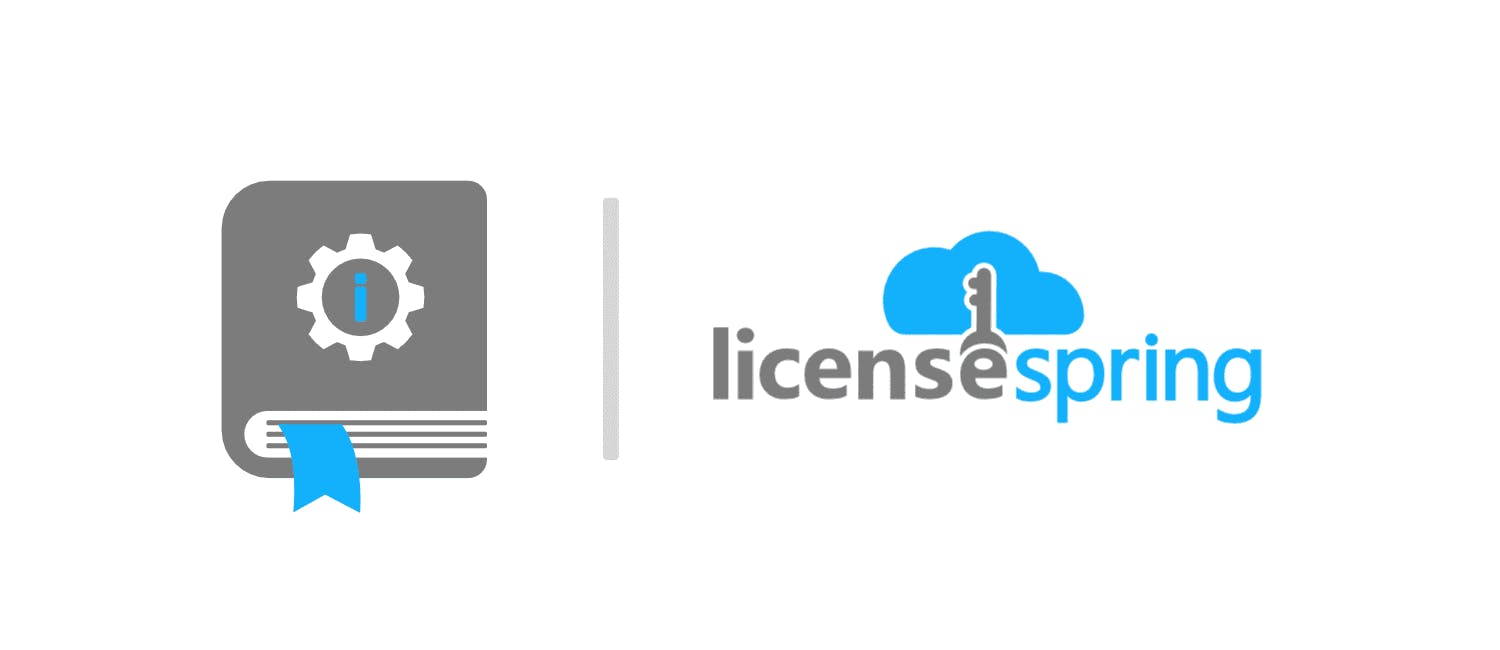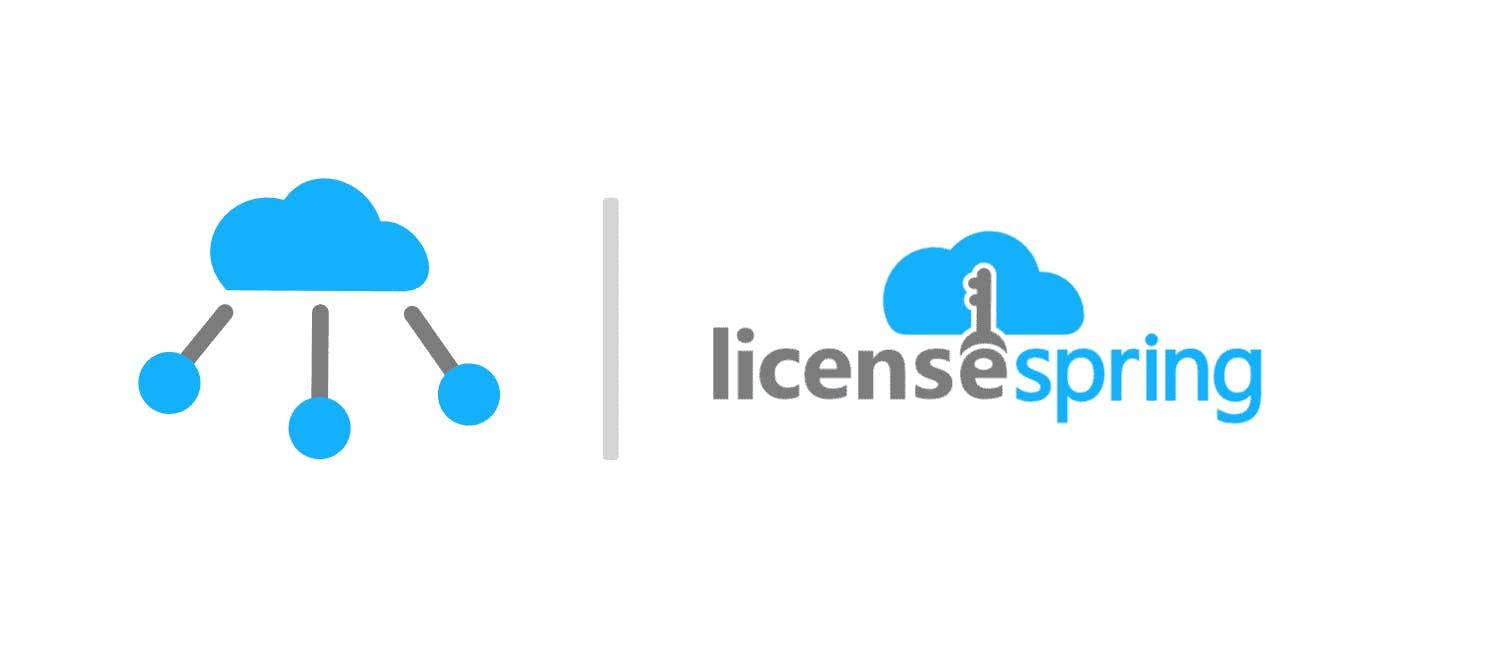A floating license limits concurrent usage of a certain software. It allows for multiple people to use that software, but only a certain number of simultaneous users at any given time. Each user accessing the software, will be required to register their floating license, which will take up a registration slot for that floating license. When the registration limit is reached, then no more users will be able to access that software/license, until a registered user deregisters their floating license.
What is the Difference Between a Node-Locked and Floating License?
Node-locked: binding on a device is permanent. Once a license is activated on a device, that license will only be usable/bound to that device, and can not be transferred.
Floating License: registration on the server grants usage rights for the license. Any device can access the floating license, but only a certain amount of concurrent devices can access the floating license at any given time.
What are the Top Reasons Software vendors issue floating licenses?
- Customers selling expensive software often prefer a cheaper licensing cost with restrictions around limiting the number of people using the license.
- The cost of ownership is less than licensing every person in an organization
- Floating licenses widen software vendors’ scope by spreading tools to a large base of users and departments, increasing project efficiency over time.
- Increases the way a business can handle different purchases and digital product use.
How Does a Software Vendor Implement a Floating License?
Floating licenses can be initialized in two different ways with LicenseSpring. The first is by setting up a floating license server on the customer’s site, and the tutorial for this can be found here. The alternative method is by handling the concurrency over the internet with a floating cloud license. The guide for implementing floating cloud licenses can be found here.
What are the Main Alternatives to Floating Licenses?
- Node-Locked Licenses
- Subscription / SaaS licenses
- User-Based Licenses
LicenseSpring Floating License Attributes:
- Cloud or private network solution for handling concurrent license usage
- Variable heartbeat
- License borrowing
- Pooling usage metering of different app features
- Usage reporting, ability to revoke, and reinstate floating licenses
- License Manager Dashboard.
Pros and Cons of Using a Floating License?
Pros:
- Can make expensive software more accessible to large organizations
- Can make licensing software being run on many machines (50-100) on a private network easier
- Handling virtual machines and containers is much simpler, as they do not need to be accounted for differently as in node-locked licensing.
- Allows users to share from the license pool, without requiring users to deactivate and activate their licenses.
Cons:
- Tedious to manage
- If using a licensing server, running the software is reliant on the server remaining up reliably.
- Offline license activations or air-gapped activations can be done on every device on a private network
- Not useful for licensing software for a single/small amount of devices.

